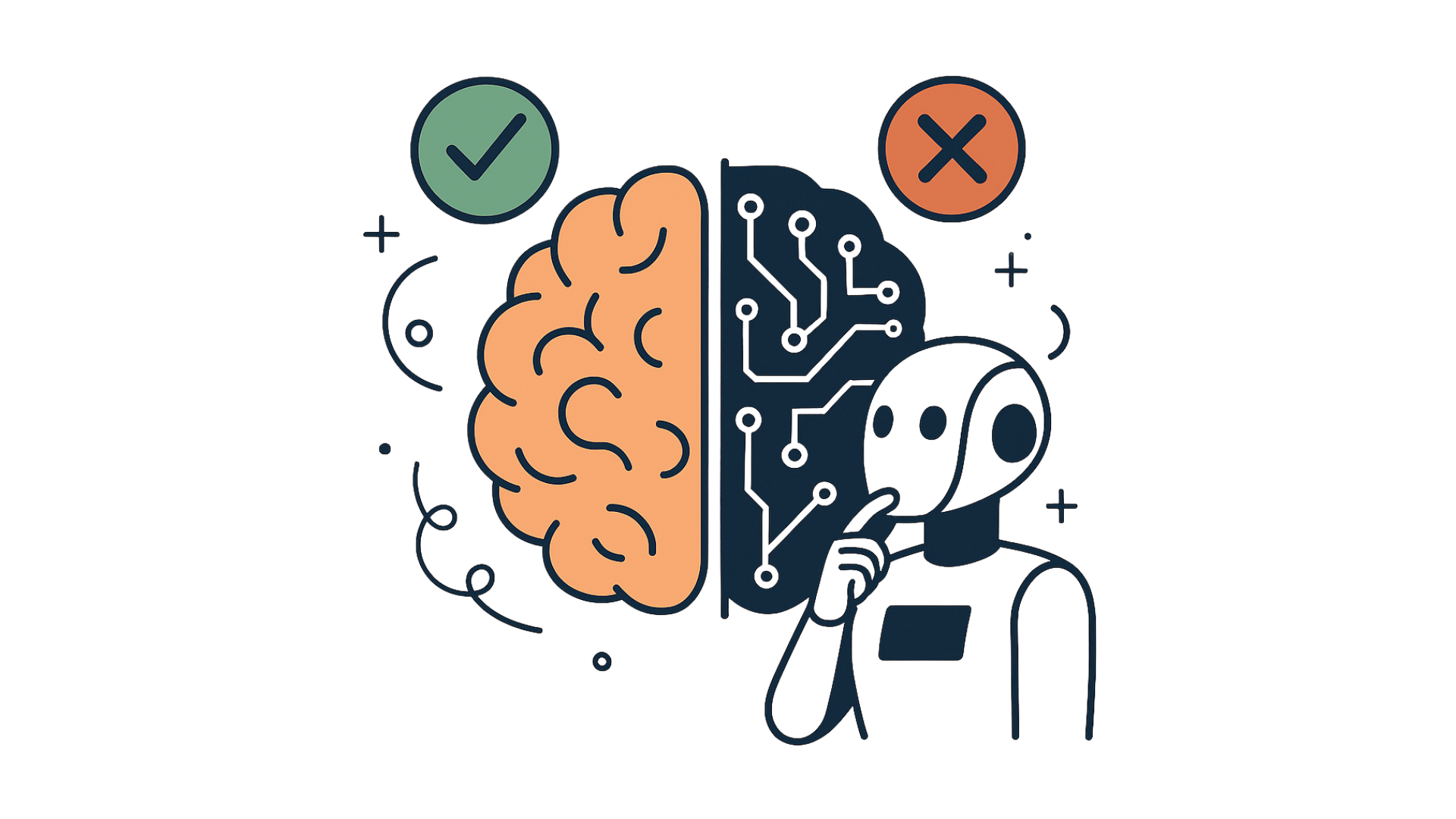Imagine your organization as a vast library, not just filled with books, but with the accumulated wisdom and expertise of your entire team. Every employee holds a unique piece of knowledge, a specific insight gleaned from experience. But just like a library without a system, this knowledge can be scattered and difficult to find. Important lessons learned on the front lines might be buried in old emails, while innovative solutions developed by one department remain unknown to others. It’s like having a treasure chest overflowing with valuable gems, but without a key to unlock it.
Knowledge management systems (KMS) are the missing key. They provide a structured approach to capturing, organizing, and sharing this collective knowledge, ensuring that everyone has access to the information they need to succeed. Instead of reinventing the wheel, employees can learn from past experiences and build upon existing best practices.
What is a Knowledge Management System?
Any IT system that saves and retrieves knowledge to increase understanding, collaboration, and process alignment is referred to as a knowledge management system. Knowledge management systems may be found in companies and teams, but they can also be used to centralize your knowledge base for users or consumers.
While the term “knowledge management system” has a broad definition, it may be boiled down to the following goal: to assist individuals in better-utilizing information to complete tasks. When seen in this light, it becomes possible to redefine it as a more proactive kind of customer success. Instead of repeatedly addressing the same questions in your help ticketing system, you may answer clients’ inquiries in real-time as they struggle with their problems.
Knowledge management systems come in a variety of shapes and sizes, but they all have basic qualities. These are some of them:
- Frequently Asked Questions (FAQs) Forum or community feature
- Tutorials and how-to articles
- Education, academies, and training programs are all available.
- Certificates
- Case studies are used to illustrate a point.
- Webinars
The different types of knowledge management systems
Knowledge management systems are classified according to their intended use. You can utilize pre-built commercial system applications or hire a web application development company to create custom knowledge management web software utilizing SQL, Access, or other database development tools.
Once you’ve established a clear purpose, you’ll be able to create an effective knowledge management system based on several sorts of knowledge bases. The three primary types of knowledge management systems are listed below:
1 . Holistic Knowledge Management Solutions for Enterprises
Maintaining organizational efficiency and simplifying labour are critical benefits of an enterprise-wide knowledge management system. One of the major benefits of such a system is that it allows the company to focus on business operations rather than data. This, in turn, aids in the improvement of administrative efficiency.
It also assists firms in lowering production costs. The enterprise knowledge management system is a program that makes it easier to obtain information from a variety of sources and databanks. Because it works by leveraging the data acquired, it may be referred to as knowledge community management software by some communities.
An enterprise-wide knowledge management system, when implemented appropriately, aids firms in developing better partnerships among diverse departments in order to increase organizational productivity and efficiency.
2. Optimized Knowledge Work Systems
These three types of Knowledge management systems will produce the finest results when it comes to putting together work-related data. Each knowledge management system is best suited for a certain industry. As a result, it is best to choose an ideal system that fits the organization’s current model. It also contains a variety of techniques that are tailored to certain company requirements.
However, you may adopt KM systems to make them more adaptable. It enables you to combine several factors necessary for the business’s development. You should choose a system that has enough features to meet your company’s needs. Also, keep in mind that a knowledge work system must work properly in the context of company-wide KM.
As a result, it must also be adaptable to change. Otherwise, if the knowledge work system is not scalable, the organization may become stagnant and incapable of surviving the competition.
3. Advanced AI Techniques for Knowledge Enhancement
Artificial intelligence can be used by businesses to capture and preserve tacit knowledge. It can also aid with knowledge discovery, providing answers to specific situations that are too complex and large for humans to examine on their own, and assisting businesses with data search and filtering.
Expert systems extract tacit knowledge from a narrow range of human abilities and express it in the form of instructions. The ‘inference engine’ strategy for searching the knowledge base can use either backward or forward chaining. Expert systems are especially useful for diagnosing and classifying problems.
Case-oriented reasoning signifies structural knowledge as the database of cases that can be incessantly refined and expanded. When the users encounter a novel case, the knowledge management system examines for related cases, discovers the closest fit, and implements the answers of the old case to novel cases. This novel case is deposited with efficacious solutions in the database.
Pros and Cons of Using the different kinds of KM systems
Pros
- You’ll be more agile since you’ll have the information you need to make quicker decisions.
- You can tackle problems more rapidly if the best practices and lessons gained are organized in the system.
- Your knowledge management system’s resources can help your staff grow and develop.
- With a single entry on KMS, specialists may share their knowledge with several employees.
- Improved communication.
- Relevant information is easy to discover, utilize, and reuse.
- Better understanding might assist you in recognizing industry trends and identifying issues.
- You make the most of your team’s current talents and knowledge.
- You can make better selections if you have more information and experience.
Cons
- Workers may find knowledge management technologies too hard to grasp, demanding costly training.
- One of the main security and data protection issues with centralized data is the loss of the user’s privacy.
- The necessary initial time and the associated productivity cost can’t be overlooked.
- Not all businesses and organizations may require or find CRM a suitable marketing solution.
Seamless Customer Experience with Kapture’s KMS
Enhancing your customer experience is simplified with Kapture’s knowledge management system. By centralizing all your company knowledge into a cloud-based platform like a robust knowledge base, customers gain the autonomy to resolve issues independently. This not only fosters self-reliance and confidence among users but also enables a comprehensive 360-degree support experience. Whether customers prefer self-service options, live chat, or ticketing systems, Kapture ensures seamless problem-solving, empowering users to navigate challenges efficiently.
Incorporate Kapture’s KMS into your customer support strategy today and witness the transformation towards a more autonomous and satisfying customer journey. Unlock the full potential of your organizational knowledge and elevate your customer service to new heights.
Take the first step towards a smarter, more efficient customer support system. Request a demo today and experience the difference Kapture’s KMS can make for your business.
Frequently Asked Questions
Modern KMS should include advanced search capabilities to quickly retrieve information, integration with CX systems for seamless customer interactions, scalability to accommodate growing data volumes, support for multimedia content such as videos and images, and robust analytics tools to track usage patterns and content effectiveness.
KMS ensures regulatory compliance by implementing features like data encryption to protect sensitive information, secure access controls to limit data exposure, maintaining audit trails to track user activities, and adhering to specific regulations such as GDPR (General Data Protection Regulation) or HIPAA (Health Insurance Portability and Accountability Act) through policy enforcement.
AI enhances KMS by employing natural language processing (NLP) to improve search accuracy and user experience, machine learning algorithms to analyze content relevance and recommend related resources, automation of routine tasks such as content tagging and categorization, and providing personalized user interactions based on individual preferences and historical data.
Successful adoption involves comprehensive training programs to familiarize users with KMS features and benefits, incentivizing contributions through recognition or rewards, gathering continuous user feedback to improve system usability and content quality, and securing executive support to prioritize KMS integration into daily workflows and business processes.
Challenges include resistance to change among employees, difficulties in consolidating disparate sources of information, ensuring data accuracy and relevance, allocating resources for system implementation and maintenance, and fostering a culture of knowledge sharing and collaboration.
,
,
,
,
,
,
,
,
,
,
,
,
,












